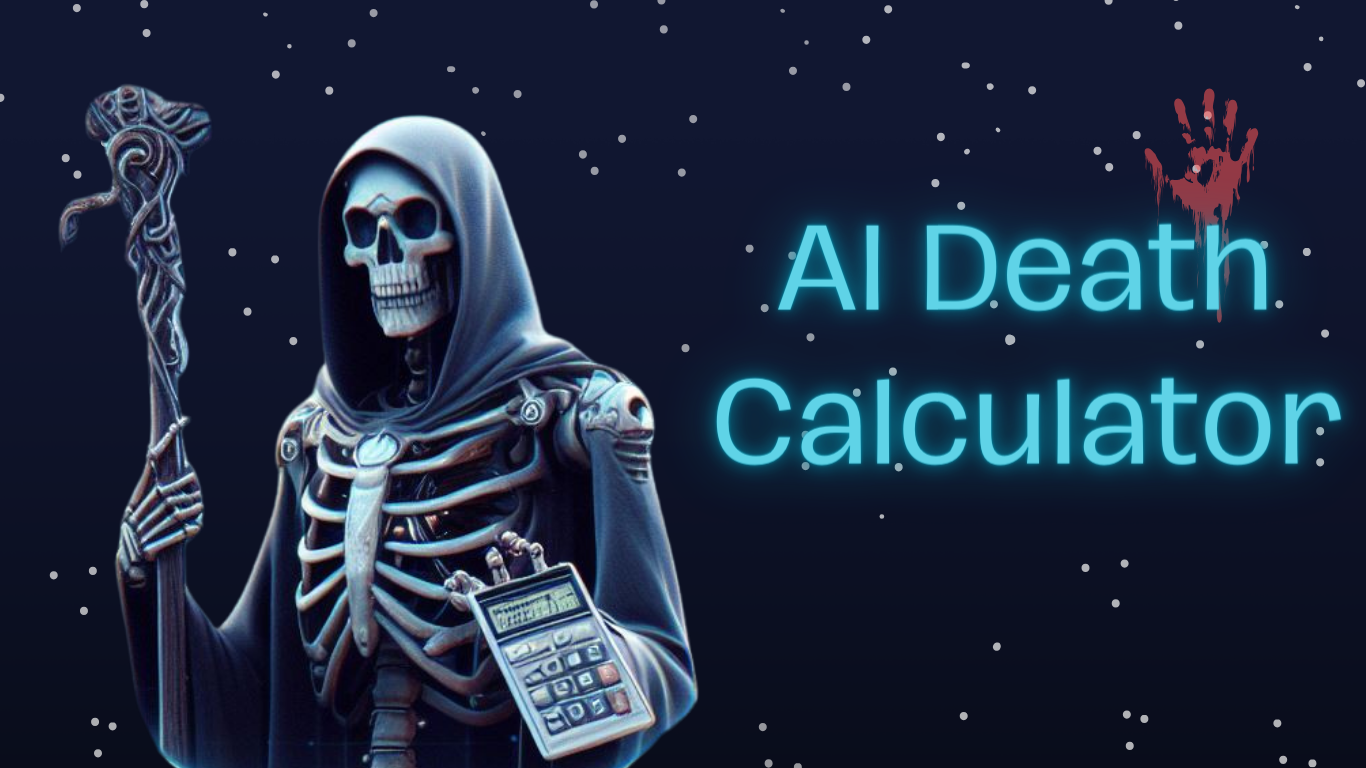AI Death Calculator: Can Technology Predict Your Fate
Unraveling Life2vec: The AI Death Calculator
In the realm of cutting-edge AI, a groundbreaking algorithm named Life2vec is making waves, claiming a staggering 78% accuracy in foreseeing life outcomes. Developed collaboratively by scientists from Denmark and the US, this AI death calculator is not just another crystal ball—it’s rooted in data.
| Sections | Key Points |
|---|---|
| Unraveling Life2vec | Groundbreaking AI algorithm claims 78% accuracy in predicting life outcomes. Collaborative effort by Danish and US scientists. |
| How Life2vec Works | Life2vec gathers data on various life aspects, codes them, and uses pattern recognition to predict future events, including death. |
| P(doom): A Metric | P(doom) emerges as a metric gauging opinions on AI’s potential impact. Scores range from 0 to 100, reflecting different beliefs. |
| FAQs Unveiled | Addresses common queries about Life2vec’s accuracy, factors considered, accessibility to the public, and the significance of P(doom). |
| Conclusion and Reflection | Reflects on ethical considerations surrounding AI’s impact and the capability of technology to predict unpredictable events. |
Life2vec: The Science Behind the Crystal Ball
Life2vec draws its predictive prowess from a language model trained with a rich dataset comprising six million Danish citizens from 2008 to 2020. The developers put it to the test on a group aged 35 to 65, revealing an 11% edge over existing AI models in predicting life events, including the ultimate one—death.
The Human Narrative in AI Language
Study first author Sune Lehman emphasizes the concept of viewing human life as a narrative, akin to a sentence in language. Transformer models in AI, typically used for linguistic tasks, are repurposed to analyze what the researchers term “life sequences.” However, Lehman issues a cautionary note, suggesting that this model shouldn’t be in the hands of insurance companies due to the inherent nature of risk-sharing.
Peeking Behind the Digital Veil: How Life2vec Works
Understanding the inner workings of the AI death calculator involves deciphering how Life2vec decodes a person’s life. Here’s a simplified breakdown:
| Steps | Explanation |
|---|---|
| 1. Data Gathering | Life2vec compiles data from various facets of a person’s life, such as job, income, marital status, medical records, and family history. |
| 2. Coding Categories | The gathered categories are transformed into codes, creating a language the model understands. |
| 3. Pattern Recognition | Life2vec scrutinizes past data, identifying patterns that allow it to predict future events, with a particular focus on predicting death. |
P(doom): A Metric Stirring the Tech World
Amid the chatter of AI and its potential impact, a peculiar term has emerged—P(doom), the “probability of doom.” This mathematical expression serves as a gauge for individuals’ opinions on the likelihood of AI wreaking havoc in the real world. With scores ranging from 0 to 100, a higher P(doom) indicates a belief in the imminent dangers of AI, while a lower score signals optimism about its controlled evolution.








